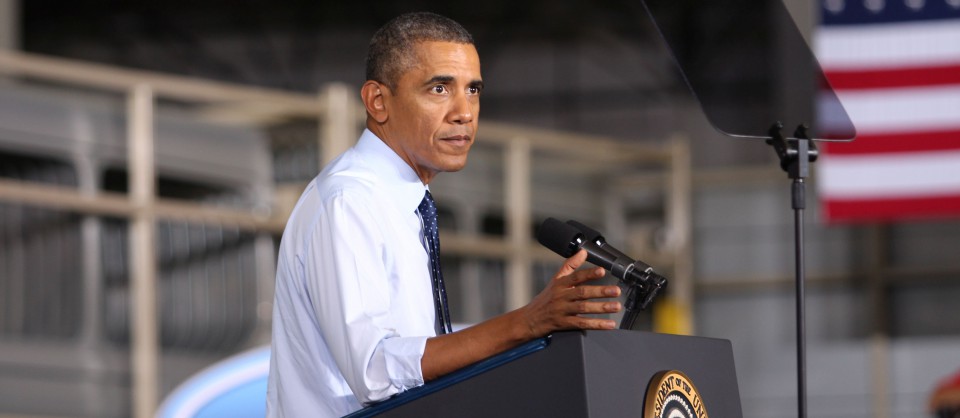About a week ago, Claire McCaskill was intereviewed by Dan Marsh on St. Louis Public Radio KWMU’s “Talk of the Town” radio program. (You can hear the interview here; McCaskill’s segment begins about half way in.) McCaskill is a smart lady although she spouts lots of pure twaddle (more about that later in another post), along with pushing some really bad ideas – like spending caps (which she is confident will be enacted “now” – by which one expects she means now that she has more Republican allies). She nevertheless does get some things right.
In this particular interview, her shining moment came on the topic of tax policy. McCaskill quite correctly insisted that spending cuts were not the be-all and end-all of deficit reduction strategy. To her credit, she broached the issue of generating revenue. She offered some very cogent observations about reforming the tax code in order to generate greater revenue while lowering the tax burden. Her main points can be paraphrased as follows:
— A fairer tax code means more revenue and lower taxes.
— Reform has not been tackled because the much vaunted size and complexity of the tax code does not affect most taxpayers, 70-75% of whom do not itemize. The tax code was written for the benefit of the wealthy, and its complexity reflects the success of many lobbyists over many years.
–Subsidies for almost all segments of our economy have been thrown into the tax code; if we were to clean out the “junk” and the government were to stop “cutting checks” to, for instance, the oil industry, along with scores of other industries, we would solve the revenue problem.
Although I don’t have numbers to back up McCaskill’s claims, the argument is not hers alone but is gaining intellectual traction even within the Obama administration. Wasteful subsidies are beginning to get more attention in general. The Washington Monthly, for instance, just published an article by Jeffrey Leonard, significantly titled “Get the Energy Sector off the Dole,” that argues persuasively for gutting all energy subsidies, even those for green or alternative energy sources.
However, Leonard may be relying on will-o-wisps to support his further argument that the time for subsidy reform may have come. Specifically, he is hopeful that an alliance with the more libertarian, anti-government spending Tea Party types might actually provide the political clout to finally get the job done. And it’s a logical supposition based on the libertarian rhetoric of some of the new GOP legislators he quotes.
Alas, I’m a Missourian now, and in respect to optimistic hopes of beneficent, cooperative Tea Partiers, I offer two words: Vicky Hartzler. We all remember how Hartzler went to war during her campaign against government spending and interference – except for the corn subsidies that she and her husband receive and which she tried to rationalize as essential to national security. I can also pull up two more discouraging words: Roy Blunt. Coasting to a win with support of the Missouri Tea Party types, Blunt floated a jobs plan that was arguably little more than a giveaway to the very industry interests who most profit from tax subsidies. Indeed, if you look at the GOP as a whole, within a month of election, thirteen new members of the House GOP appointed industry lobbyists to manage their offices. More such appointments have followed. I am very much afraid that Tea Party concern with government spending will stop when the money is not being directed to any of the various shades of undeserving poor who inhabit their fantasy “handout nation.”
Nor are Harzler and her GOP confrères alone in their reluctance to make changes that come close to home or otherwise upset the fat cats who pay for campaigns. Senator McCaskill herself has stepped up to the plate to defend ethanol subsidies recently. If even McCaskill, who certainly knows the score, won’t walk the walk, I’m afraid we’ll have a long wait before we see significant reform.
